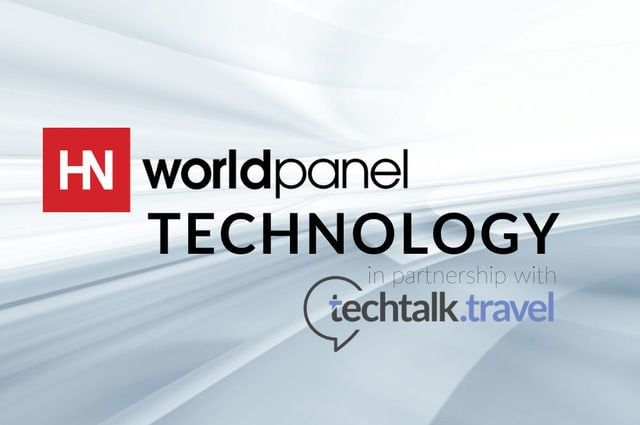Hotel Technology During Crises, Does it innovate?
19 experts shared their view
Last year I participated in the research and illustration of the last 100 years of hotel technology in our series "The History of Hotel & Travel Technology" (read article). In many cases, we've seen hotel distribution and technology change during or after a global crisis. But is this a trend that will continue? And what could be the innovation from these crises?
Up until the early 2000s, managing the guest experience was still a very human to human experience, yet today the experience happens primarily through technology. Human interactions still hold value, but with the incredible growth of the internet, smartphones and an always-on lifestyle, people are no longer willing to wait very long for their desired outcome.
Hotels have so many touchpoints where customers interact with the property and staff, and this is what has set a hotel experience apart from a retail experience, hoteliers recognise this. They excel at delivering guest service. Yet more so than ever in today's climate, we need technology to facilitate many expectations that guests are not only used to but also expect. Today's hotel guests expect a quality experience from before, during and after their stay.
We all agree that people will want to travel again as soon as possible for holidays and business trips. Until travel resembles anything to pre-covid times we have a chance for innovation.
Looking beyond the obvious needs to support health concerns, 'contactless technology', how should we prioritize the data and innovate from what is available - what innovation will/should come from the current crisis?
Post-crises, only those hoteliers will succeed who a) understand that we are dealing with exceedingly tech-savvy customers who are even more tech-demanding compared to just a year ago - the pandemic has accelerated digital transformation by as much as 7 years (McKinsey), and b) invest in technology to ensure contactless guest experience and improve operational efficiencies via automation, AI, IoT and robotization to lower labor costs, now consuming as much as 87% of RevPAR (CBRE).
Whether we like it or not: next-gen technologies like AI, robotization, and automation are coming even to our technology-averse hospitality industry. Robots already are being used at thousands of hotels worldwide and will continue to replace in greater numbers hospitality employees in performing dangerous, repetitive, and mundane jobs like housekeepers, porters, and baggage handlers, concierges, security guards, line cooks, room service, bartenders, waiters, etc.
Next-gen technologies like AI, robotics, automation, mobility, and IoT are called upon to solve a number of issues in our industry:
- Solve labor shortage of entry-level and unskilled workers, which plague the industry in “normal” times
- Solve high turnover of trained employees (20%-30%)
- Solve dull, repetitive, dirty, or dangerous jobs.
- Solve problems like poor discipline, lack of motivation, etc.
- Lower labor costs, which are especially burdensome now
- Increase productivity
The robotization and automation of our industry are inevitable. I believe that within the next 10 years many hotels will operate at half the pre-coronavirus staff level and we will be seeing more and more examples of semi- and fully automated hotels. The savings from labor costs and technology-derived new efficiencies will be more than sufficient to pay for the next-gen technology required for hotel robotization and automation.



